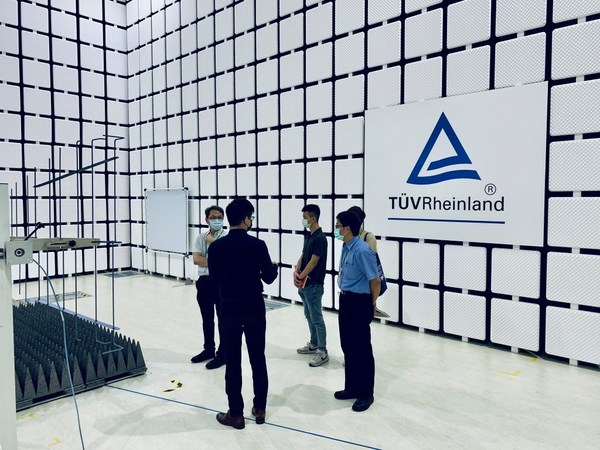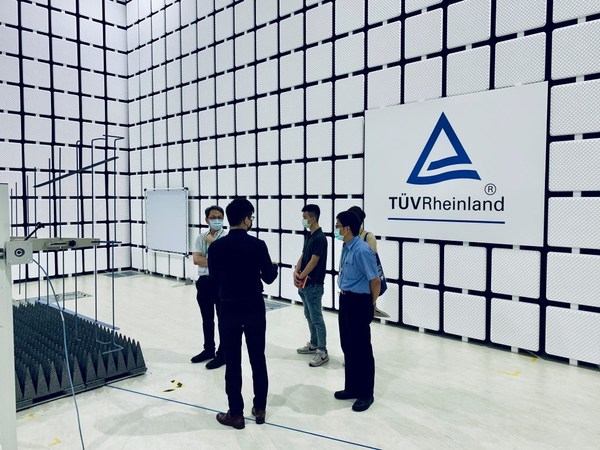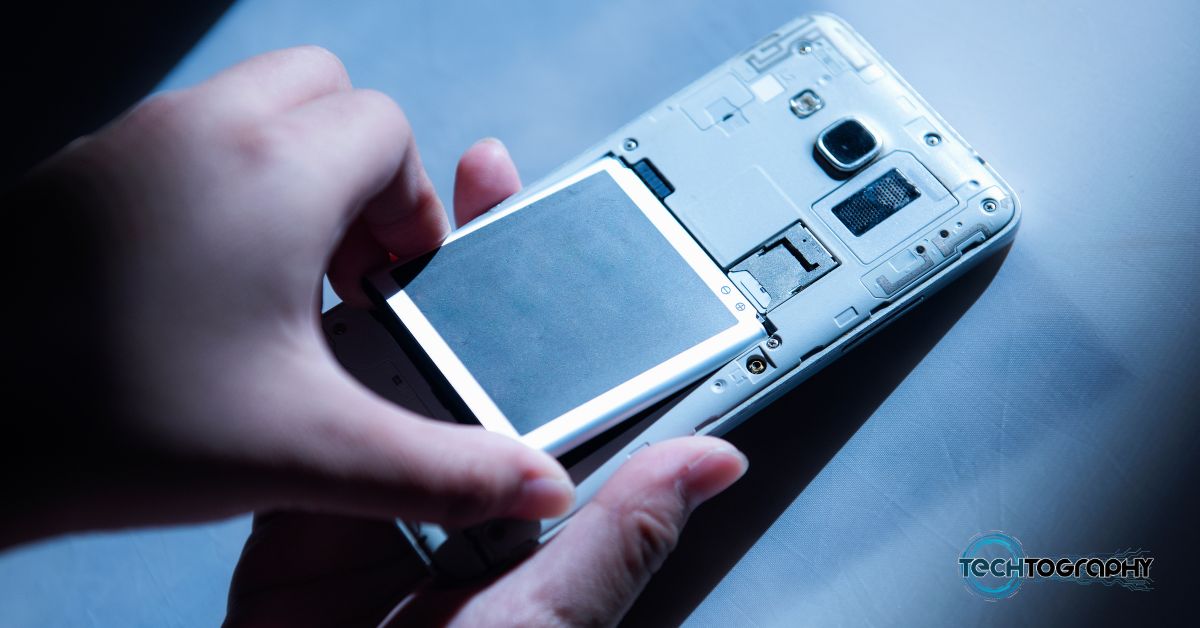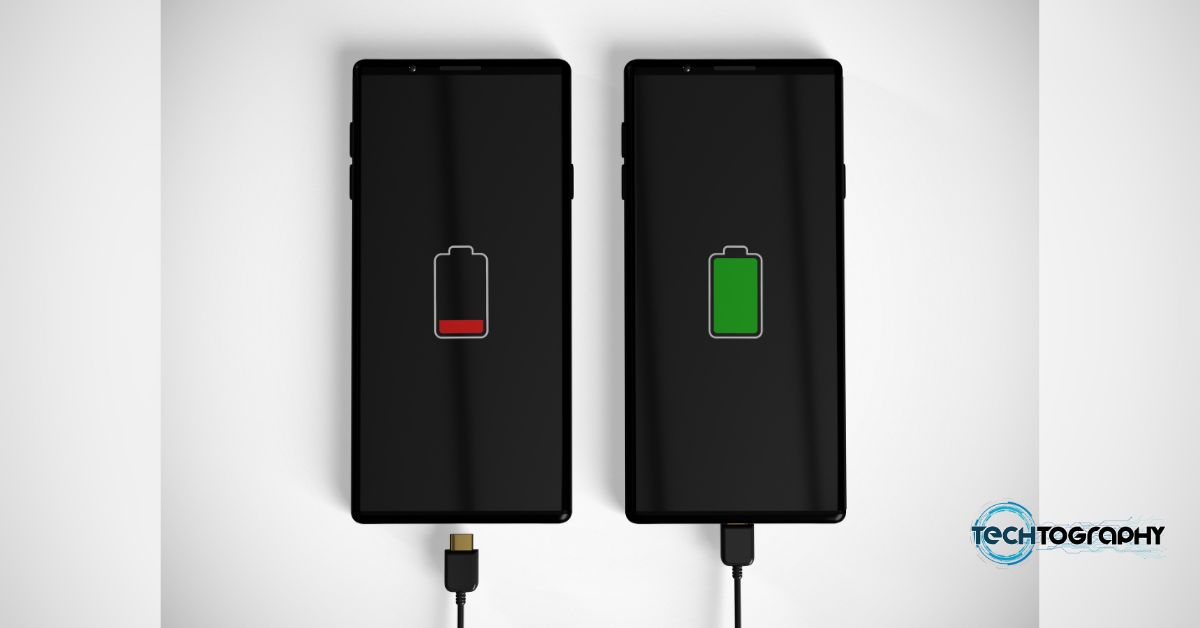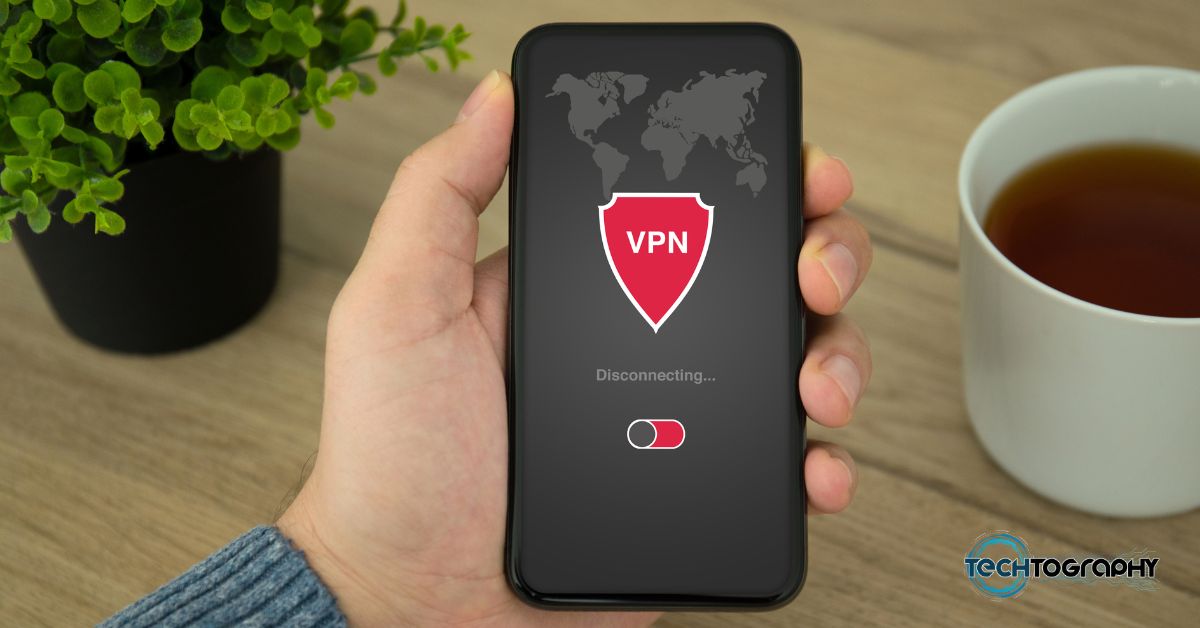TAIPEI, Aug. 9, 2021 /PRNewswire/ — To support the push by the Industrial Development Bureau of the Ministry of Economic Affairs (MOEA) to combine the capabilities of the industry, academia, and research sectors for an integrated approach to talent development, TUV Rheinland Taiwan recently accepted an invitation from Lunghwa University of Science and Technology (LHU) to support the electromagnetic compatibility engineer course of the 2021 MOEA Industry Professional Assessment System (iPAS) by instructing teachers from universities and colleges nationwide. iPAS is a professional engineer assessment program supported by the industry that is accredited by the Ministry of Education (MOE), with certification issued by the MOEA. In addition to basing the content of the assessment on the talent requirements of the business sector, businesses are also encouraged to give preference to certificate-holders in interviews, hiring, and raises. It offers businesses an objective method of selecting and assessing talent.
iPAS has now been taken aboard by more than 2,000 enterprises and schools. Well-known companies such as ASUS, Mediatek, Foxconn Precision, TSMC, and Sanyang Motor have all pledged their support. On behalf of TUV Rheinland Taiwan, Spring Wang, Local Head of Central Laboratory Service, and Lab Manager Kenji Lin from the Taiwan IoT Excellence Center, provided a comprehensive introduction to the latest international developments and testing practices in product EMC and 5G NR, respectively. Jennifer Wang, Managing Director of TUV Rheinland Taiwan, says: "We are pleased to have the opportunity to take part in this industry-academic cooperation and make a contribution to the cultivation of professional talent. This will not only improve the quality of industry talent and competition, but also help us identify talented individuals for businesses to recruit. "
This year marks the 35th year of TUV Rheinland’s arrival in Taiwan. Safety certification for electronic and electrical products, including EMC conformity testing, were part of the starting portfolio when TUV Rheinland was first established in Taiwan in 1986. The telecommunications lab has continued to evolve in line with technical and regulatory developments since it was established in 1997. Testing capabilities and laboratory equipment were expanded with the opening of the IoT Excellence Center in Linkou in 2019. TUV Rheinland and LHU signed a memorandum of understanding at the start of this year, and began exchanging laboratory visits. Such industry-academic cooperation will hopefully provide an effective bridge between theory and practice that will benefit both parties.
